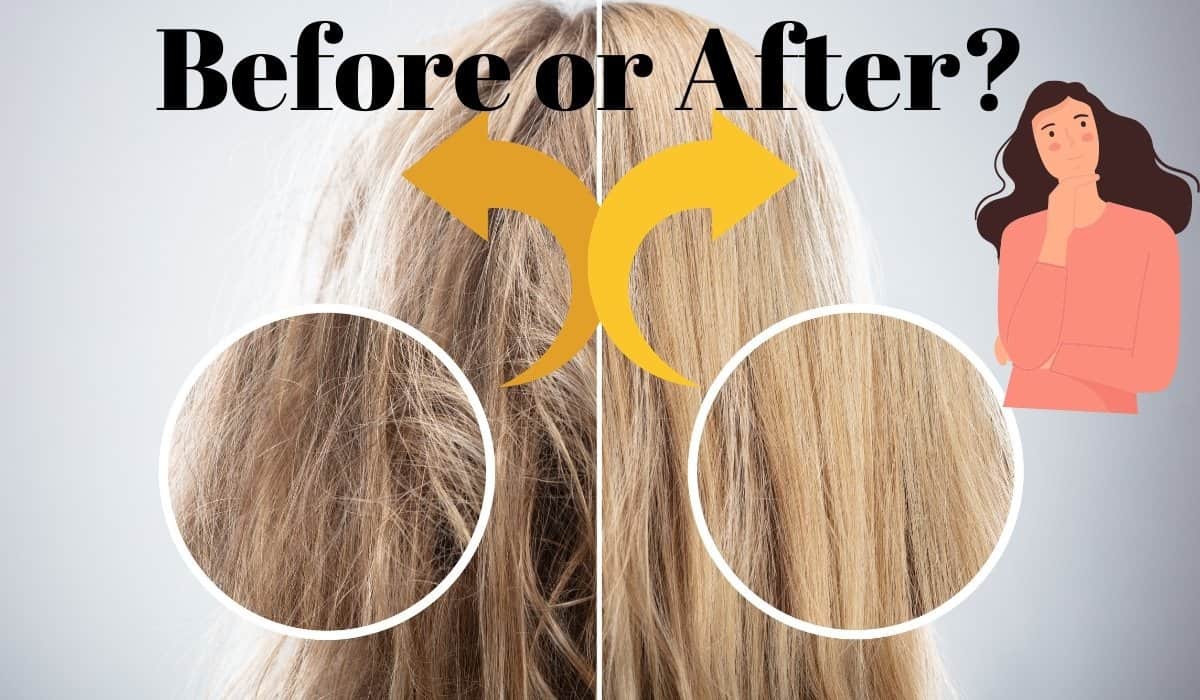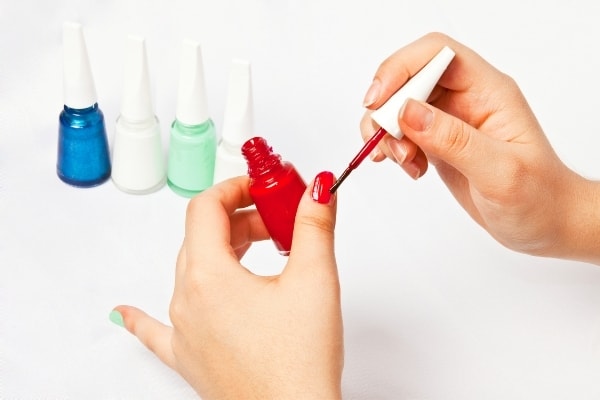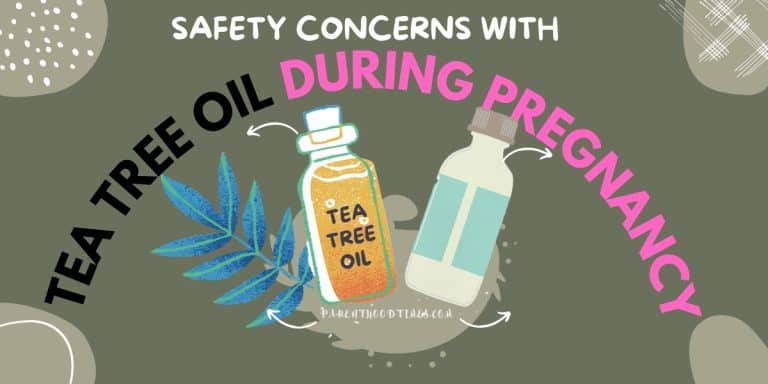Hair Changes During Pregnancy: What You Should Know?
Are you noticing changes to your hair after discovering that you’re pregnant? Or is it that time of the month? Many of us expect a few changes to our hair during pregnancy, but there are things you don’t know that can make you surprised.
From the texture to color and how long it may grow throughout your pregnancy (hint: it’s happily different), we’ve got you covered when it comes to hair care while pregnant.
Let’s start with the burning question.
Does pregnancy change your hair?
It’s normal for pregnancy to change your hair. You can expect your hair to feel different and be more like it was when you were a teenager. Some women say their hair grew faster and thicker during pregnancy. Some women even have shiny, silky hair during pregnancy. Your body and skin go through a lot of changes to keep up with the new life inside you, which can affect the look and texture of your hair.
What are the most common pregnancy hair changes?
Pregnancy hormones can cause hair to grow faster, feel thicker, and look shinier. In most cases, these changes are temporary. But they might frustrate you, especially if you prefer your hair to feel a certain way.
Here are some common changes in hair growth and texture during pregnancy:
Hair becomes thicker
The extra estrogen produced during pregnancy keeps your hair from falling out like it normally does. This means that less of it falls out each day, and more remains on your head. Even if you notice little growth, your hair staying longer makes it look thicker. This happens around the 15th week of your pregnancy.
You might find a few new hairs in unusual places too. As with the thickening of your existing hair, the extra estrogen produced during pregnancy can cause some hair to grow in places where you haven’t seen them before.
Hair becomes thinner
Hair can become thinner during pregnancy or when you stop taking birth control pills.
The second trimester can bring about an increase in shedding, which then leads to thinner hair by the end of the third trimester. Unfortunately for some women, this shedding continues after giving birth. It can take up to a year for hormones to return to normal, which means you may experience thinning hair for at least several months after giving birth.
You may feel insecure about thinning hair during pregnancy or after having a baby. While there are many ways you can combat thinning hair, it’s important to speak with your doctor before starting any new treatments or taking supplements for hair growth.
Hair grows faster
Many women notice faster hair growth during pregnancy, especially by week 20.
Hair and nails grow faster during pregnancy because the metabolism works faster than usual. The level of hormones increases and causes the hair to enter its growth phase.
Faster hair growth also means that you will have to see your hairdresser more often than usual. If your regular hairstyle takes an hour to create and lasts for two months, you might need to get a haircut every month instead of every two months.
Hair gets drier
Some women notice their hair feeling drier than usual during pregnancy.
The hormone changes in your body during pregnancy can make your hair dry. This is because the hormones make it harder for natural oils to reach your hair follicles and make it to the surface of each strand. Try these tips to manage dryness:
- Cleanse less often. Some women believe they need to wash their hair daily, but shampooing too frequently can strip hair of its natural oils.
- Use a moisturizing shampoo and conditioner. Shampoo and conditioner are important for maintaining healthy hair, but not all of them are gentle enough for daily use on pregnant women with dry hair. Look for hair products that are safe for pregnancy.
Hair gets frizzier
Brittle hair is a common complaint of pregnant women and can be related to hormonal changes.
During pregnancy, your body produces extra estrogen, a hormone that helps regulate hair growth and hair shedding.
Because of this extra estrogen, you’ll probably notice some changes in your hair during and after pregnancy. You might have thicker hair while you’re pregnant, but you may also find that your hair is more brittle than usual.
To take care of your fragile hair during pregnancy, use a wide-tooth comb rather than a regular brush on wet hair. You may also want to consider a different approach to stylings, such as wearing your hair naturally or in a loose braid rather than sporting a big bun or high ponytail.
Production of more body hair
Excess body hair is a common pregnancy symptom, and you don’t have to be worried.
If you’re pregnant, your body is making a lot of hormones to support the growth of your baby. The hormone changes can make you more sensitive to male hormones like testosterone that you produce naturally. This can lead to excess hair on your belly, chin, and face.
Another reason for this change is that during pregnancy, the blood volume in your body increases and circulates more blood through your hair follicles. The extra circulation gives them energy and encourages the growth of new hair.
Hair gets more oily
If you’re expecting a baby, you may notice that your hair becomes more oily than usual. This is often because of an increase in the production of androgen, a hormone that triggers the production of sebum oil.
To tackle this, wash your hair as frequently as you need to maintain a fresh scalp, but don’t be tempted to over-cleanse. Too much washing can strip natural oils from your strands and cause dryness throughout the hair shaft.
Besides frequent washing, many pregnant women experience dryness at the ends of their hair. To counteract this damage, reach for moisture-rich conditioners and gentle dry shampoos with clean ingredients.
Now you know the changes in the hair during pregnancy. One question we get asked frequently is:
Should you dye your hair during pregnancy?
Whether you can or cannot use hair dye during pregnancy is a hotly debated topic. However, it may be ideal to wait until the first 12 weeks of pregnancy before coloring your hair, as there is some conflicting research about whether hair dye could influence your baby’s development before this time.
Conclusions
The key thing to remember is that your hair and nails will most likely change throughout your pregnancy. Don’t panic about it, as this is completely normal for a lot of women. Pregnancy hormone is mostly responsible for these weird things. So everything will go back to normal once the baby is born.







